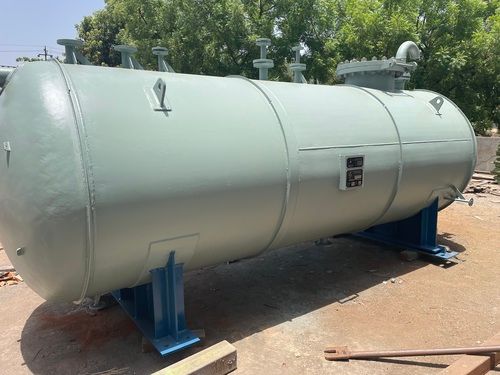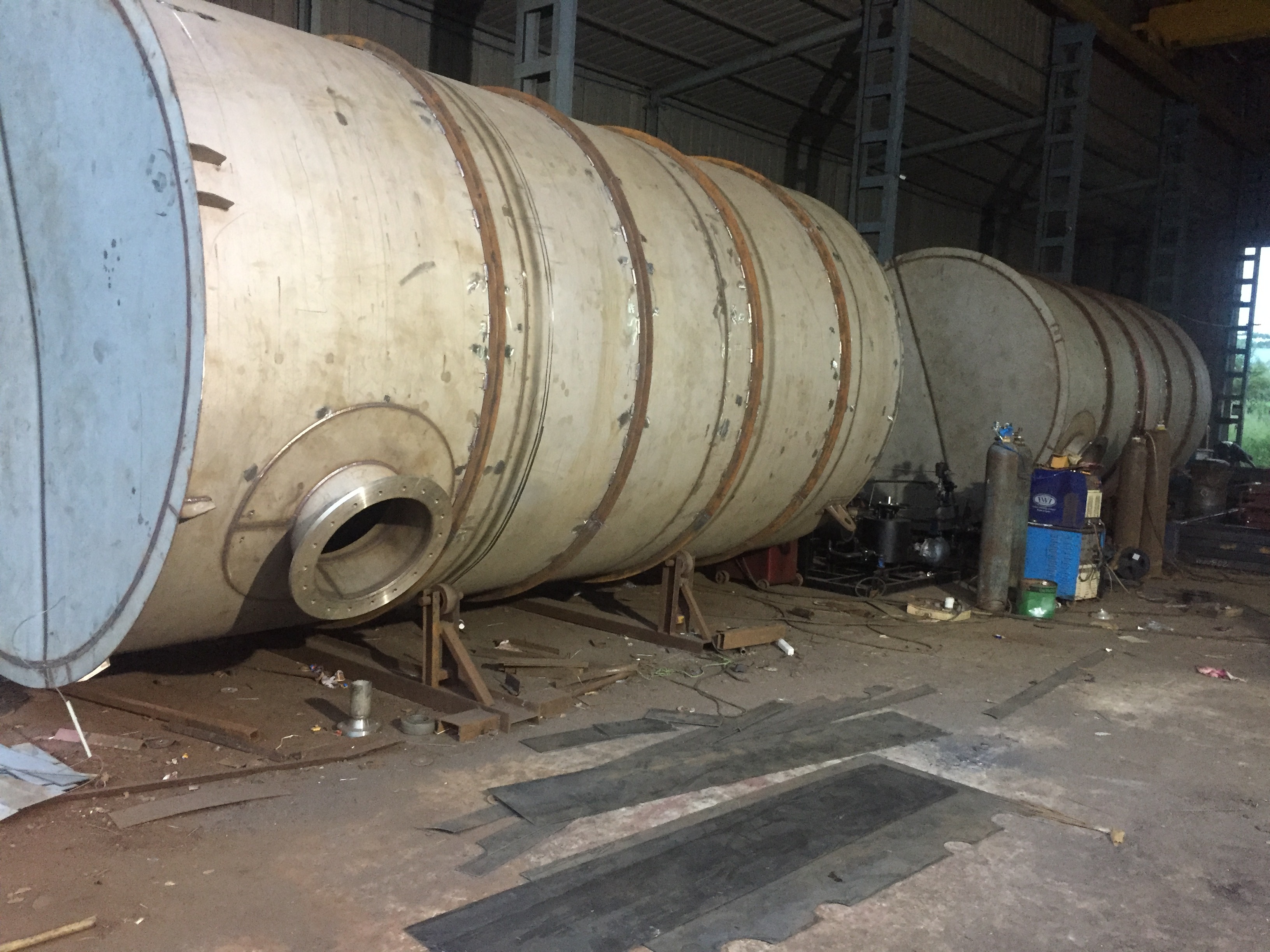About Storage Tank
A storage tank is a container used to store liquids, gases, or granular materials. They are commonly used in various industries, including oil and gas, chemical processing, water treatment, agriculture, and manufacturing. Storage tanks come in many designs and sizes, tailored to the specific needs of the application and the type of material being stored. Heres a detailed overview:
Types of Storage Tanks
-
Aboveground Storage Tanks (ASTs):
- Construction: Positioned above the ground and often made from materials like steel, stainless steel, or reinforced concrete.
- Applications: Commonly used for storing fuel, chemicals, and water.
-
Underground Storage Tanks (USTs):
- Construction: Installed below ground, often used for storing fuels and chemicals.
- Advantages: Helps to minimize environmental impact and visual footprint.
- Considerations: Requires proper corrosion protection and leak detection systems.
-
Vertical Storage Tanks:
- Construction: Cylindrical tanks mounted vertically.
- Applications: Used for a variety of fluids including water, chemicals, and fuels.
-
Horizontal Storage Tanks:
- Construction: Cylindrical tanks mounted horizontally.
- Applications: Often used for storing large volumes of liquids where space is limited.
-
Spherical Tanks:
- Construction: Spherical shape designed to handle high pressures.
- Applications: Used for storing gases such as propane, butane, and other high-pressure substances.
-
Bladder Tanks:
- Construction: Flexible tanks made from materials like rubber or synthetic fabrics.
- Applications: Used for temporary or portable storage of liquids.
-
Bulk Storage Tanks:
- Construction: Large tanks designed for storing bulk quantities of materials, such as grain or chemicals.
- Applications: Common in agriculture and large-scale industrial processes.
Design Considerations
-
Material Selection:
- Corrosion Resistance: Choose materials based on the stored substance to prevent degradation. Common materials include carbon steel, stainless steel, fiberglass, and polyethylene.
- Temperature and Pressure: Ensure materials can withstand the operating temperature and pressure of the stored material.
-
Capacity and Size:
- Volume: Determine the required volume based on storage needs.
- Space: Consider the space available for installation and the footprint of the tank.
-
Safety Features:
- Pressure Relief Valves: To release excess pressure and prevent tank rupture.
- Level Gauges: For monitoring the amount of stored material.
- Leak Detection Systems: To identify and address potential leaks, especially in underground tanks.
-
Accessibility:
- Maintenance: Ensure that the tank design allows for regular maintenance, inspection, and cleaning.
- Access Ports: Include manways, hatches, or other access points for maintenance and sampling.
-
Environmental Considerations:
- Containment: Include secondary containment measures (like dikes or berms) to prevent environmental contamination in case of leaks or spills.
- Environmental Regulations: Comply with local regulations regarding tank installation and maintenance.
Applications
- Water Storage: Used for municipal water supply, irrigation, and emergency reserves.
- Chemical Storage: For storing chemicals used in manufacturing, processing, or treatment.
- Fuel Storage: Includes gasoline, diesel, and other fuels used in transportation or power generation.
- Food and Beverage: For storing ingredients, finished products, or processing materials.
Maintenance and Inspection
-
Regular Inspections:
- Visual Checks: Inspect for signs of wear, corrosion, or leaks.
- Structural Integrity: Ensure the tank is structurally sound and free from damage.
-
Cleaning:
- Scheduled Cleaning: Depending on the substance stored, clean the tank periodically to prevent contamination or buildup.
- Internal Inspections: Use appropriate methods to inspect the interior of the tank for sediment, corrosion, or other issues.
-
Safety Checks:
- Leak Detection: Implement and maintain leak detection systems to identify and address potential leaks.
- Pressure Testing: Regularly test for pressure and integrity, especially in tanks storing gases or under high pressure.
Common Challenges
- Corrosion: Tanks, especially those storing corrosive substances, can suffer from corrosion, requiring appropriate materials and coatings.
- Leakage: Preventing and detecting leaks is critical, particularly in underground tanks.
- Regulatory Compliance: Adhering to local and national regulations can be complex and requires ongoing attention.
Storage tanks play a crucial role in managing and maintaining various substances across different industries. Proper design, maintenance, and safety measures are essential to ensure their effective and safe operation. If you need specific details or advice on a storage tank for your application, feel free to ask


